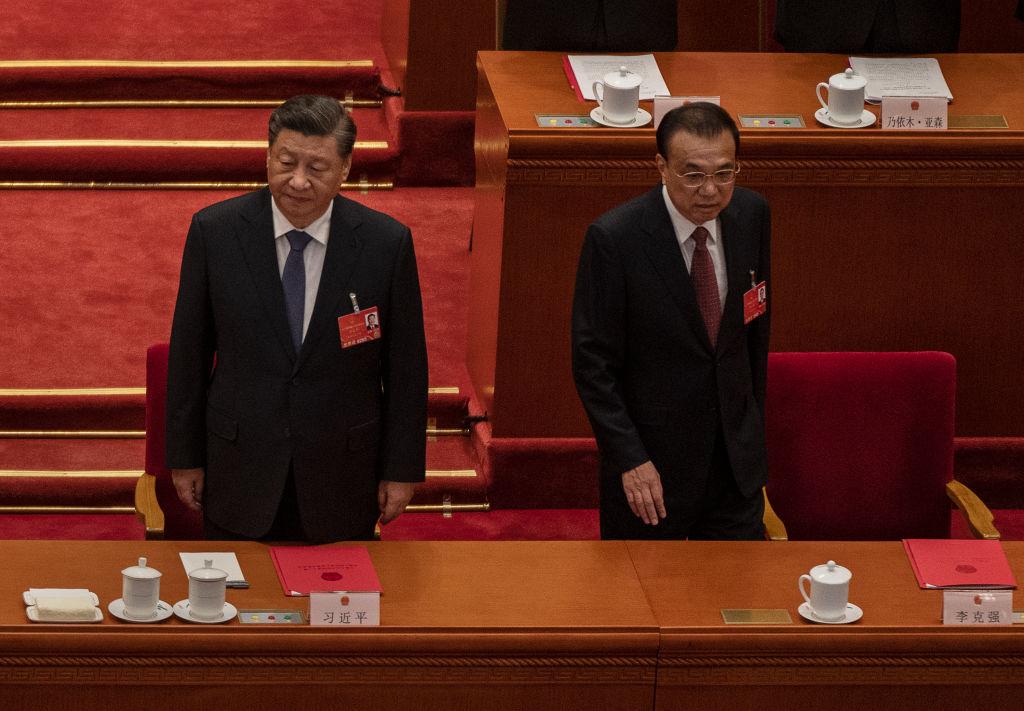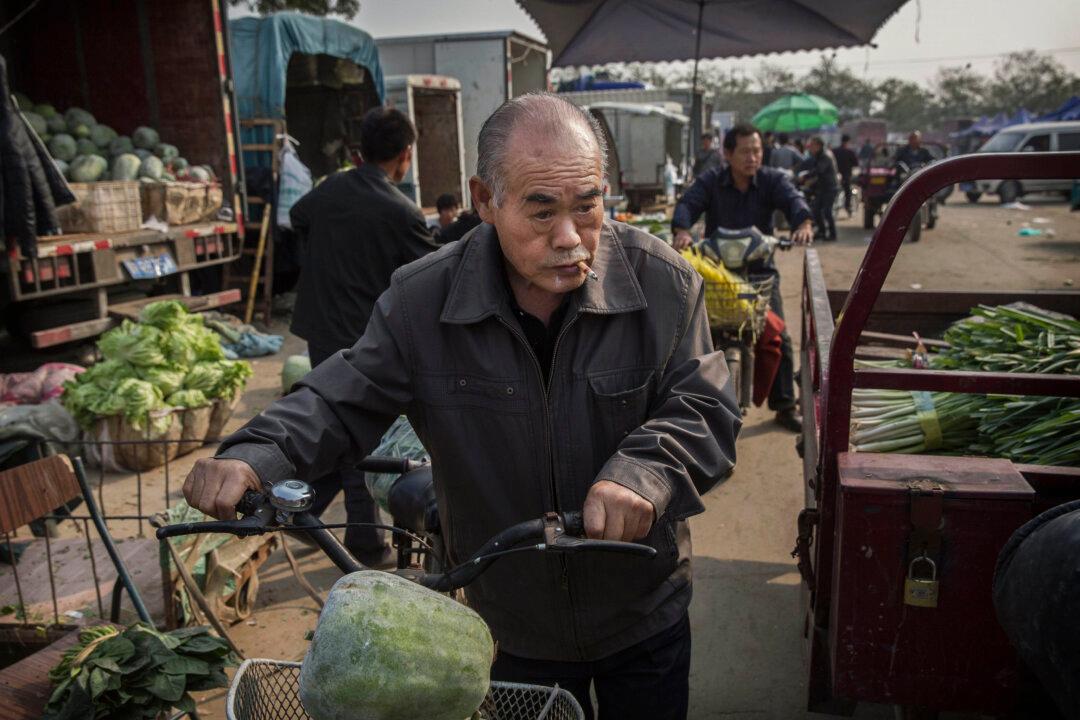Commentary
The Chinese yuan (a.k.a. renminbi) is on pace to drop the most against the U.S. dollar in history as the world’s two biggest economies carve divergent paths in monetary policy. On Sept. 15, it broke the psychologically important 7 yuan to 1 U.S. dollar barrier.
The U.S. Federal Reserve is poised to continue its tightening measures to combat inflation. That itself has given a boost to the dollar compared to the euro (dragged down by a struggling EU economy and impending energy war with Russia) and the yuan.
With respect to the yuan, which has dropped almost 9 percent year-to-date against the dollar, the currency is on course to post its weakest annual showing against the dollar since China loosened the yuan’s dollar peg back in 2005.
And as the Fed continues to hike rates—U.S. inflation readings remain stubbornly high—the People’s Bank of China is expected to maintain its loose monetary policy to keep a struggling economy afloat. That should lead the yuan to further weaken.
This is no aberration. As the Chinese Communist Party (CCP) prepares for its annual meeting in October, where regime boss Xi Jinping is expected to receive a third-term as the nation’s de facto leader, China’s economy has been on a decidedly different path than the U.S. economy for some time.
For months now, global forecasters have cut their China GDP estimates. Beijing itself came out over the summer and admitted that it is unlikely the country will meet its 2022 goal of 5.5 percent headline official GDP growth. Most banks have reforecast the growth in the mid 2 percent to 3 percent range.
The country has been hurt by Beijing’s punitive “zero-COVID” policy, which shut down the key economic centers Shanghai and Shenzhen earlier this year and continues to plague certain areas. COVID hotspots continuously shift, leading to on-again, off-again mass testing and lockdowns throughout the country.
This summer, China struggled with droughts and heat waves, putting strain on its power grid, which also led to factory production cuts in parts of the country.
Unemployment is a key worry. Youth unemployment in urban areas was approaching 20 percent in July, continuing an elevated trend that has become difficult to assuage given weak consumer sentiment and spending trends.
The property market, whose downturn is about to head into a third year, remains in the doldrums. The real estate sector accounts for as much as a third of China’s GDP. But it’s a double-edged sword, as past growth has created massive property and debt bubbles that Beijing has been attempting to rein in. Both property prices and home sales have been declining.





